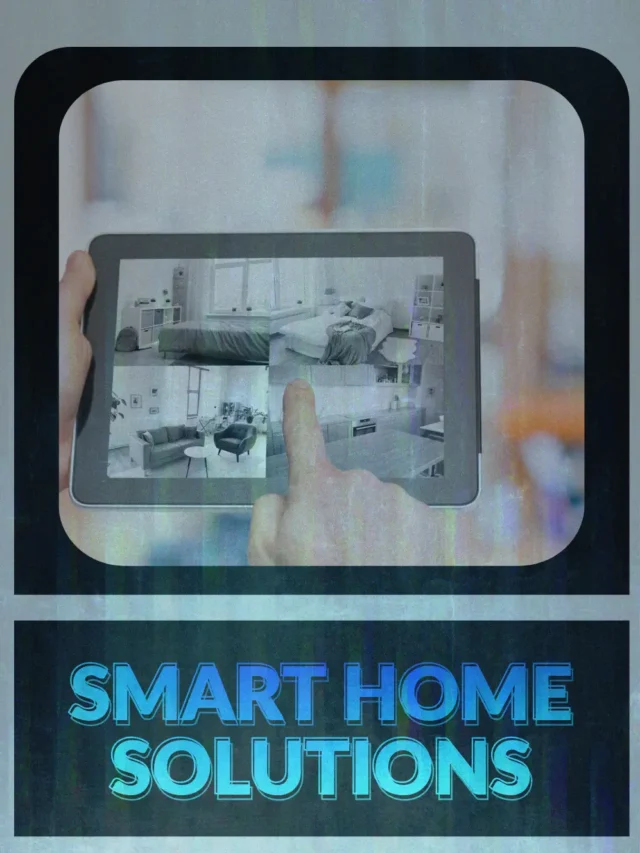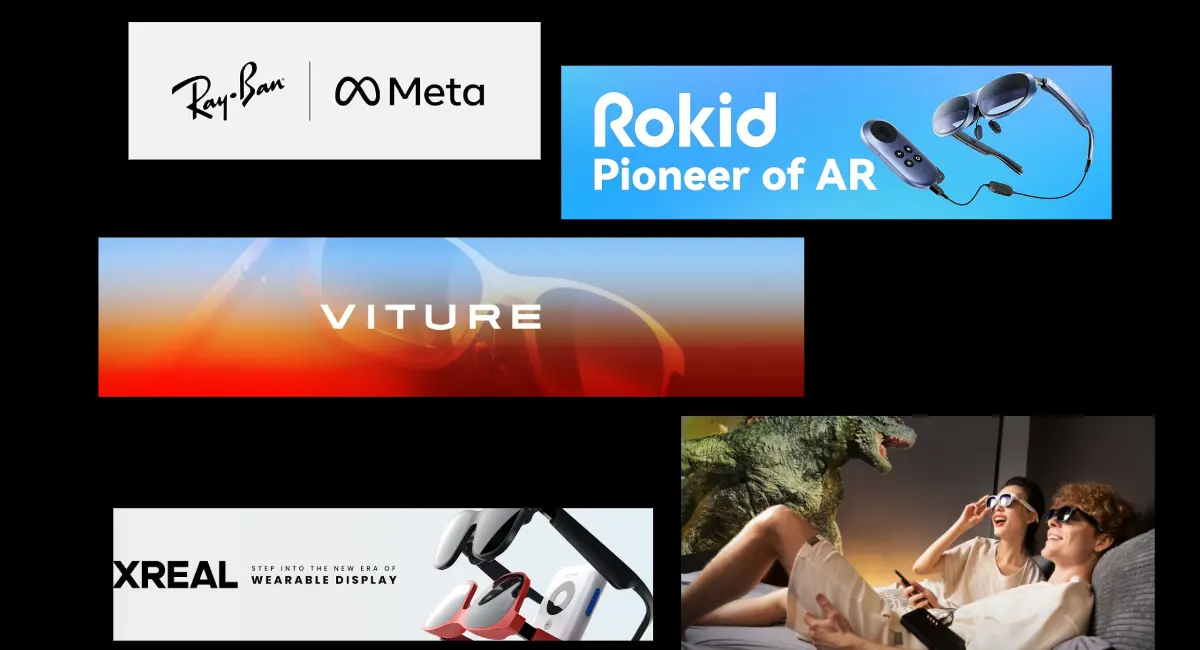Table of Contents:
Top Picks!
Related Stories
Wearable health technology is no longer just a trend—it’s becoming an essential part of modern health and wellness routines. These innovative devices help us monitor our health, improve fitness, and even detect potential medical issues before they become serious. From sleek health rings to versatile smartwatches and specialized health tracking devices, there’s a wearable for nearly every need.
These gadgets, strapped to our wrists, clipped to our clothes, or nestled in our ears, are capturing a constant stream of data about our bodies. But with so many options on the market, it can be overwhelming to choose which wearable is right for you. Let’s delve into the world of wearable health tech, exploring the top contenders: health rings, smartwatches, and other trackers, to see how they can help you harmonize your health goals.
Health Rings
Health rings are the epitome of subtlety in wearable health technology. These small, stylish devices are packed with sensors that monitor various health metrics without drawing attention. Check out full review and detail of top Smart Rings.
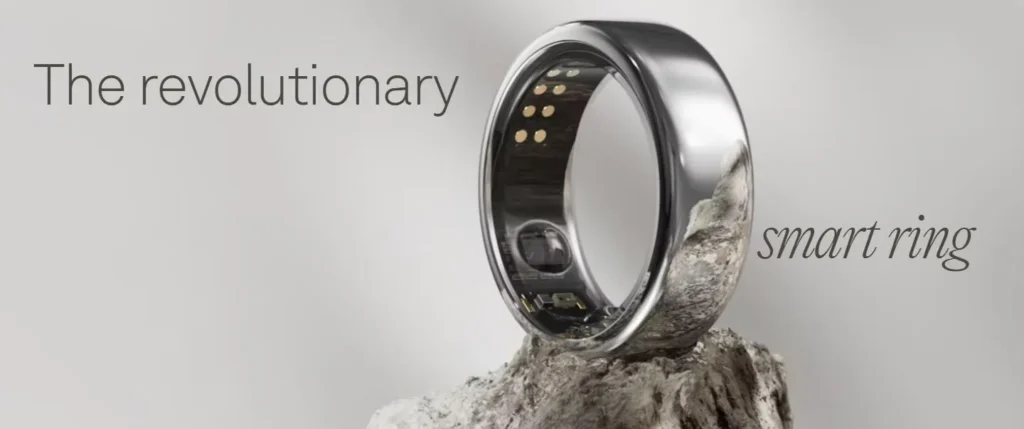
Popular Options:
Pros:
Discreet and Stylish: Health rings are designed to look like ordinary jewelry, making them suitable for any occasion.
Comprehensive Tracking: Despite their size, they offer robust tracking capabilities, including sleep analysis, heart rate monitoring, and activity tracking.
Extended Battery Life: Most health rings can last several days to a week on a single charge, reducing the hassle of frequent charging.
Cons:
No Display: Health rings rely on smartphone apps for data display and analysis, which can be less convenient for quick checks.
Sizing and Comfort: Finding the perfect fit is crucial, and some users may find wearing a ring uncomfortable for extended periods.
High Cost: Premium health rings can be quite expensive, making them less accessible to some users.
Smartwatches
Smartwatches are perhaps the most versatile wearable devices available. They combine health tracking with a multitude of other features, acting as an extension of your smartphone. Check out full review and detail of top Smartwatches.
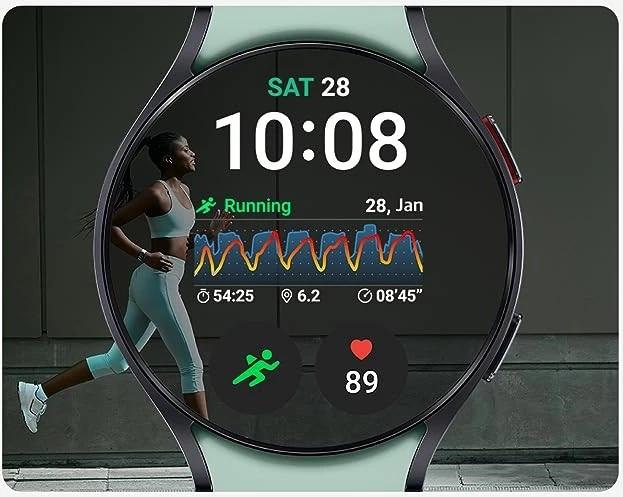
Popular Options:
Pros:
Multifunctional: Beyond health monitoring, smartwatches offer notifications, apps, and even the ability to make calls and send messages.
Advanced Health Metrics: Many models come with high-end health features such as ECG, blood oxygen monitoring, and fall detection.
Customization: Users can personalize their smartwatches with different watch faces and bands to match their style.
Cons:
Frequent Charging: Most smartwatches need to be charged daily or every other day, which can be inconvenient for some users.
Higher Cost: Premium features come with a higher price tag.
Bulky Design: Some users might find smartwatches too large or heavy for their preference.
Fitness Trackers
Fitness trackers are designed primarily for monitoring physical activity and basic health metrics. They are generally simpler and more affordable than smartwatches. Check out full review and detail of top Fitness Trackers.
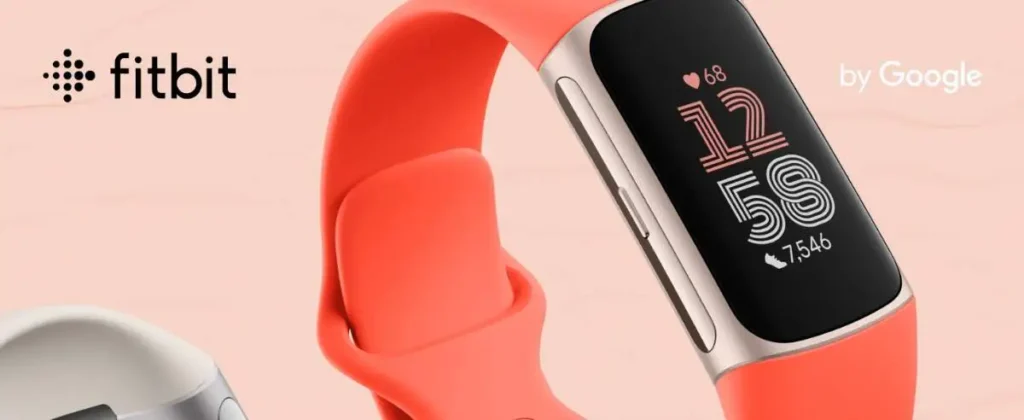
Popular Options:
Pros:
Affordability: Fitness trackers are typically more budget-friendly than smartwatches.
Long Battery Life: Many fitness trackers can go a week or more on a single charge, making them convenient for continuous use.
Focused Features: Ideal for users who are primarily interested in tracking their fitness and basic health metrics.
Cons:
Limited Functionality: They often lack the advanced features and apps available on smartwatches.
Small Screen: The smaller display can make it harder to interact with notifications and view detailed data.
Accuracy: While generally good, fitness trackers can sometimes be less accurate than more advanced devices.
Specialized Health Devices
Specialized health devices cater to specific medical needs, offering targeted monitoring and data collection. These devices are often used in conjunction with healthcare providers. Check out full review and detail of top Health Devices
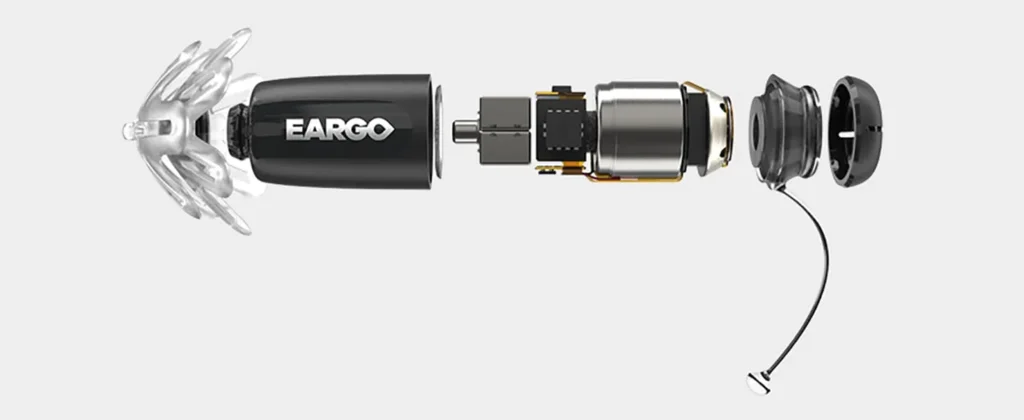
Popular Options:
Dexcom G6 (Continuous Glucose Monitor)
Pros:
Precision Monitoring: These devices provide accurate and continuous data for specific health concerns, such as blood glucose levels or blood pressure.
Healthcare Integration: Many specialized devices are designed to work with healthcare professionals and can be integrated into medical treatment plans.
Advanced Features: They often include sophisticated technology tailored to specific health conditions.
Cons:
Expensive: Specialized health devices can be costly and may require ongoing subscriptions or supplies.
Complexity: These devices can be more complex to use and understand than general health wearables.
Availability: Some devices may require a prescription or be less widely available.
Conclusion
Wearable health technology has a wide array of options to suit different needs and preferences. Whether you choose a discreet health ring, a versatile smartwatch, a focused fitness tracker, or a specialized health device, each type offers unique benefits and some drawbacks. Understanding these can help you make an informed decision about which wearable is best for your health and lifestyle. Embrace the technology and take a proactive approach to your well-being!



